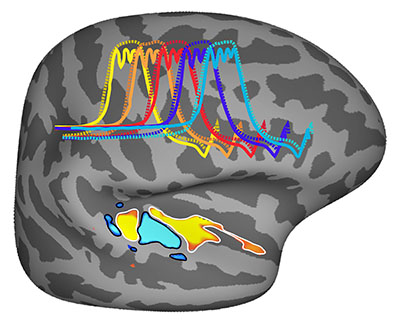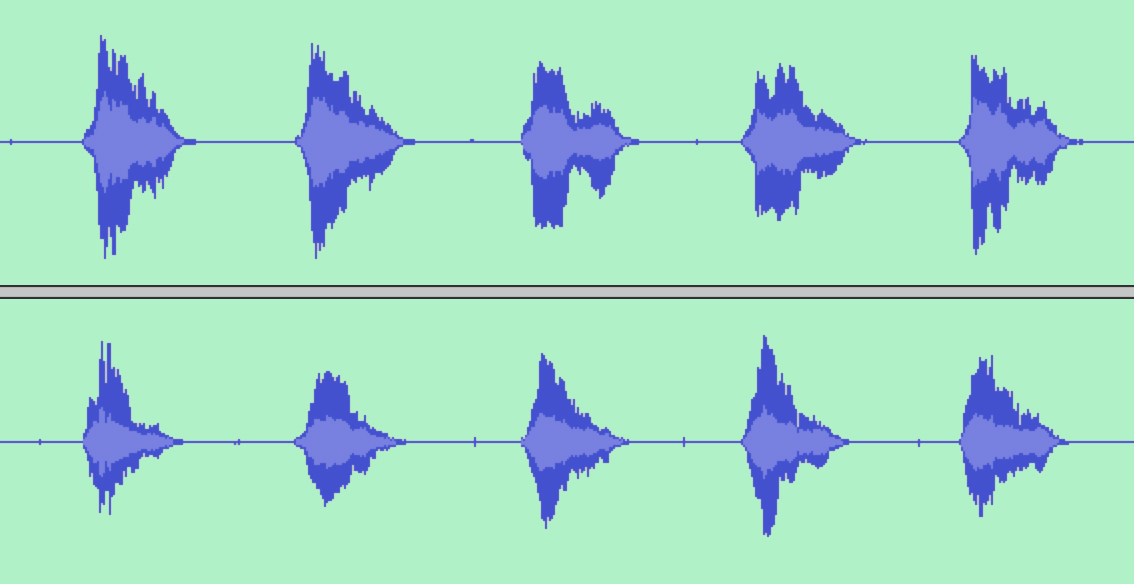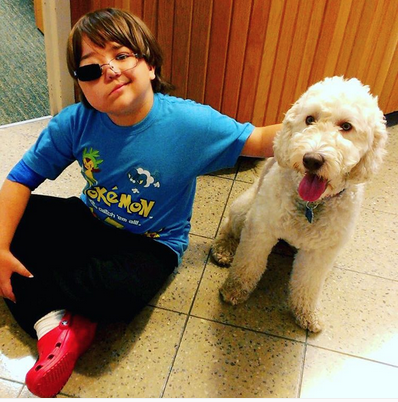Explosive Blasts Wreak Havoc in Inner Ear
New Study Hones in on Causes of Hearing and Balance Problems
The US military presence in Afghanistan is coming to an end, yet the soldiers involved in the conflict will continue to experience its repercussions well into the future. Among other health effects, encountering the explosive devices widely deployed in the conflict can cause long-lasting hearing and balance difficulties. A recent collaboration between IRP researchers and scientists at the Walter Reed Army Institute of Research has produced important insights into the biological basis of those disabilities, which could eventually lead to better methods of preventing and treating them.








